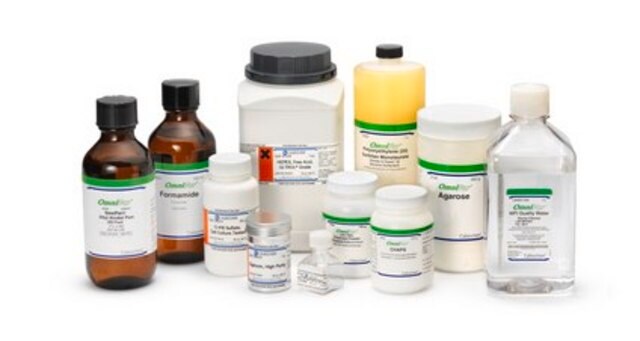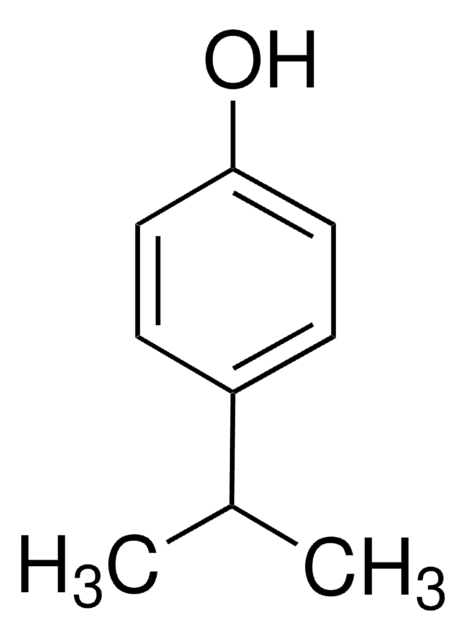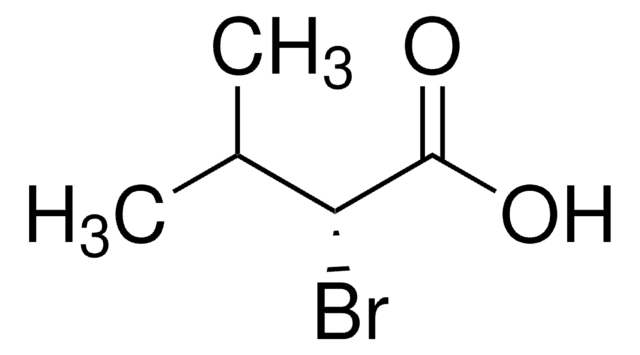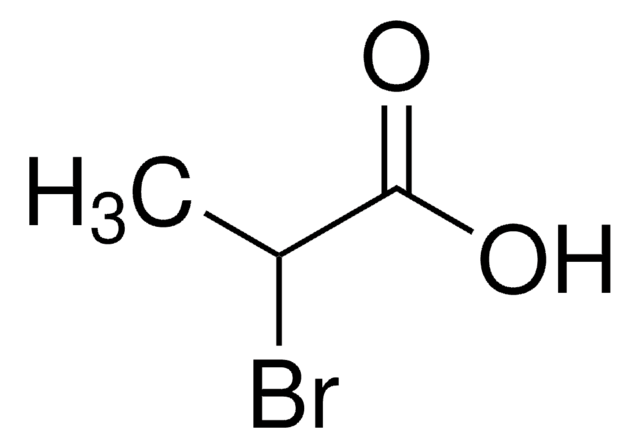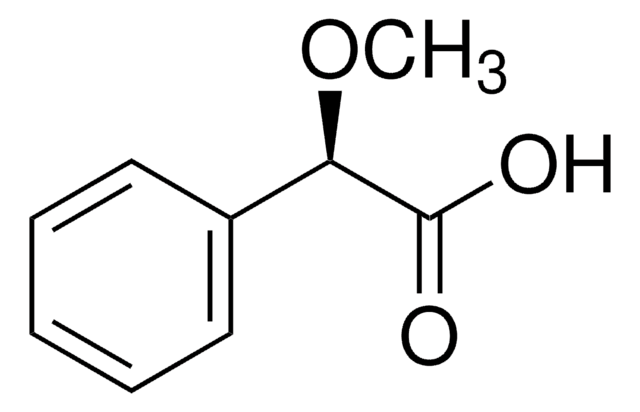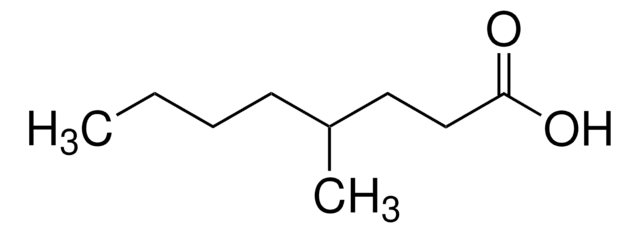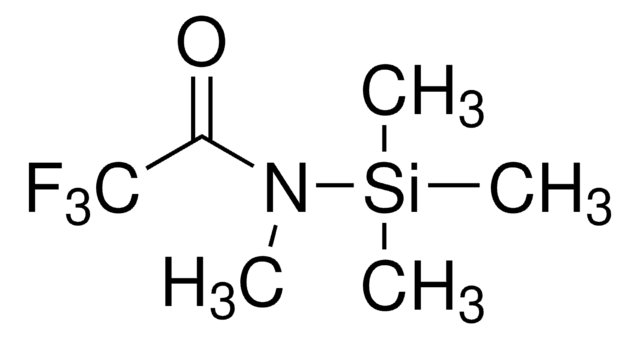251003
2-Bromo-3-methylbutyric acid
97%
Synonyme(s) :
α-Bromoisovaleric acid, 2-Bromoisovaleric acid
About This Item
Produits recommandés
Pureté
97%
Forme
solid
Point d'ébullition
124-126 °C/20 mmHg (lit.)
Pf
39-42 °C (lit.)
Solubilité
alcohol: soluble(lit.)
diethyl ether: soluble(lit.)
water: very slightly soluble(lit.)
Groupe fonctionnel
bromo
Chaîne SMILES
CC(C)C(Br)C(O)=O
InChI
1S/C5H9BrO2/c1-3(2)4(6)5(7)8/h3-4H,1-2H3,(H,7,8)
Clé InChI
UEBARDWJXBGYEJ-UHFFFAOYSA-N
Vous recherchez des produits similaires ? Visite Guide de comparaison des produits
Catégories apparentées
Description générale
Application
Mention d'avertissement
Danger
Mentions de danger
Classification des risques
Acute Tox. 4 Oral - Skin Corr. 1B
Code de la classe de stockage
8A - Combustible corrosive hazardous materials
Classe de danger pour l'eau (WGK)
WGK 3
Point d'éclair (°F)
224.6 °F - closed cup
Point d'éclair (°C)
107 °C - closed cup
Équipement de protection individuelle
Eyeshields, Faceshields, Gloves, type P3 (EN 143) respirator cartridges
Faites votre choix parmi les versions les plus récentes :
Déjà en possession de ce produit ?
Retrouvez la documentation relative aux produits que vous avez récemment achetés dans la Bibliothèque de documents.
Chromatograms
application for HPLCNotre équipe de scientifiques dispose d'une expérience dans tous les secteurs de la recherche, notamment en sciences de la vie, science des matériaux, synthèse chimique, chromatographie, analyse et dans de nombreux autres domaines..
Contacter notre Service technique